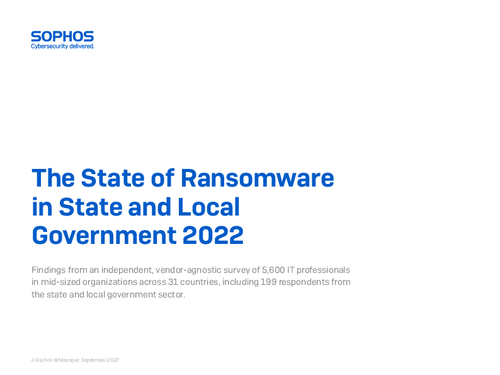Artificial Intelligence & Machine Learning , Government , Industry Specific
Biden Opens US Federal Sites for AI Data Center Growth
Executive Order Paves Way for Data Centers on Federal Land, Clean Energy Progress
The U.S. federal government will open up sites to developers of AI frontier models to build gigawatt-scale data centers with clean energy under an executive order signed Tuesday by President Joe Biden.
See Also: Maximizing data utility in mission delivery, citizen services, and education
The order directs the Departments of Defense and Energy to select federal lands where the private sector can build AI data centers and clean power facilities, with selection based on accessibility to high-capacity transmission infrastructure and minimal adverse effects on surrounding communities.
Biden said in a statement the executive order "will help position America to lead the world in clean energy deployment" by prioritizing "full and expeditious" permitting of infrastructure development for foundational models or general-purpose AI technologies on federal sites. The order tasks the Department of Interior with identifying lands it manages that can support data centers on DOE and DOD sites while permitting processes for initiatives like geothermal projects.
The executive order follows a 2024 DOE report showing that requests for hyperscale facilities needing 300 to 1,000 megawatts of power with lead times of one to three years are stretching local grid capacity as AI applications are expected to drive soaring energy demands well beyond 2030.
A single ChatGPT query on average needs nearly 10 times as much electricity to process as a Google search, research from Goldman Sachs has found. Increased tech industry demand for electricity fueled by mushrooming data centers has generated backlash in communities concerned about rising energy prices.
Residents in America's largest cluster of data centers - known as "Data Center Alley," located in Northern Virginia and just tens of miles away from the White House - have pressured the county government to restrict new data center growth. A nonprofit study published in November estimates that energy prices in Virginia must increase between 25% and 75% by 2030 to keep pace with data center-induced demand.
Tech giants such as Microsoft, Google and Amazon are exploring nuclear and other alternate sources of energy.
Developers selected to build data centers on federal lands will be required to pay all costs of building and operating the AI infrastructure to avoid passing increased electricity prices onto consumers, according to the executive order. Agencies will also be tasked with evaluating how AI data centers impact electricity prices, while the Energy Department will provide technical assistance to state public utility commissions to design electricity tariffs that support connecting new large-scale customers to clean energy.
Developers selected to participate in the new White House initiative will also be required to bring online clean energy resources to match the electricity demand produced by their data centers, according to the White House. The order directs DOE to engage utilities on opportunities to accelerate interconnection of AI infrastructure to the electric grid through grid-enhancing technologies, operational changes and additional measures.
Agencies will be required within a year to issue regulations that include heightened safeguards to protect computing hardware developed or used on any federal sites housing frontier AI infrastructure. The order also follows recent reports that show China has significantly outpaced the U.S. in critical technology research investments, as Beijing pours its technology investments into AI, defense, energy and cyber (see: China Is Outpacing US in Critical Tech Research Investments).
It remains unclear whether the AI executive order will face implementation challenges so close to the transition of power in Washington. Another highly anticipated White House final action on cybersecurity could be practically dead on arrival as current and former federal officials worry the next administration will scrap it as outgoing policy (see: Final Biden Cybersecurity Order Will Face Political Hurdles).
With reporting from Information Security Media Group's Rashmi Ramesh in Bengaluru, India.






















